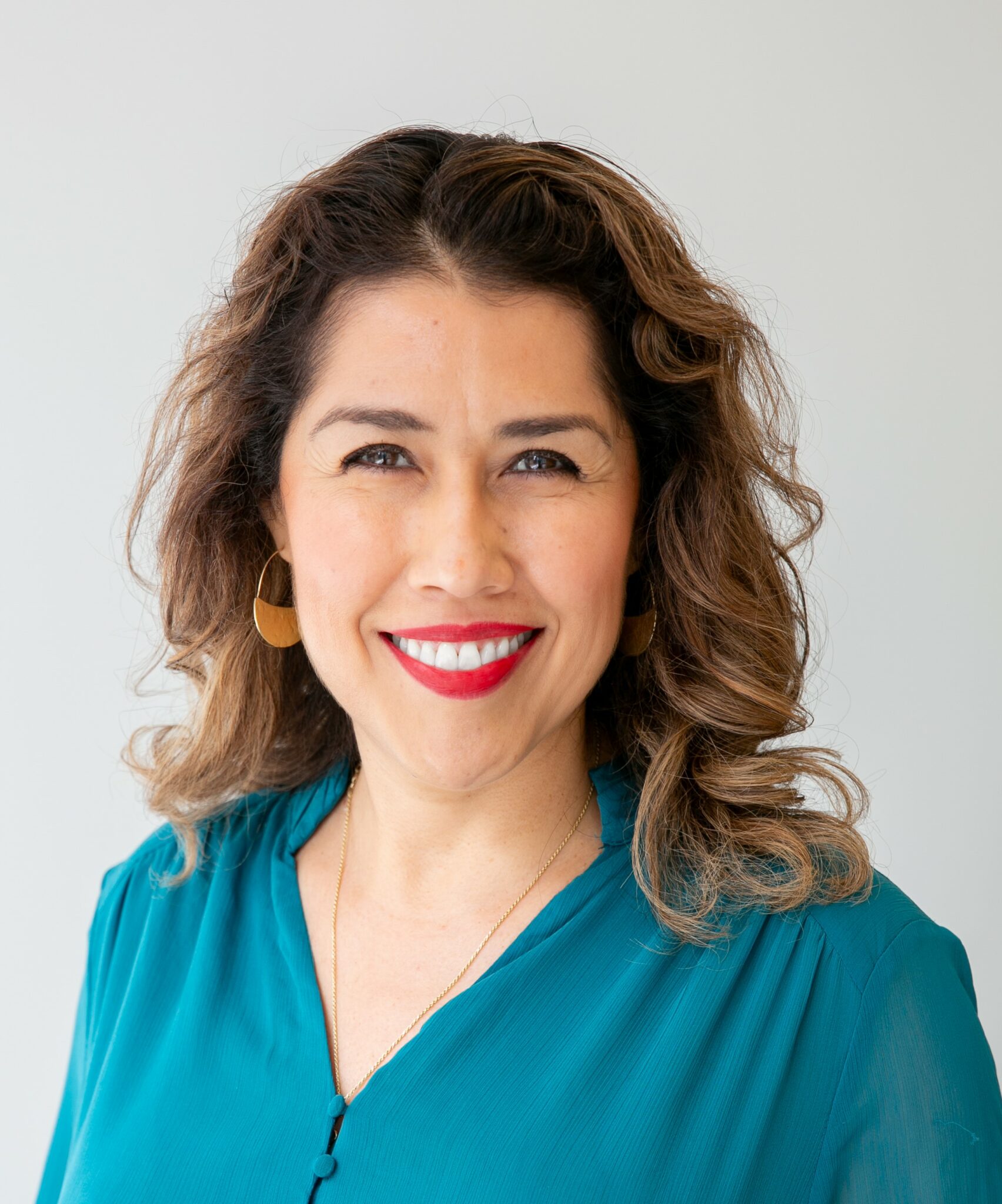Online learning is becoming an increasingly popular solution across all industries and fields of study, including nursing, and PCOM is proud to offer a partially-online RN-to-BSN program for busy students working within the field. Unfortunately, a number of misconceptions still surround online nursing schools, which critics claim are not as challenging or valuable as traditional nursing programs. These myths are not warranted – and they are damaging to deterred students who could benefit from an online learning environment. The following are the most inaccurate myths about online nursing education:
Myth: Online coursework is easier than in-person classes
A common misconception about online nursing programs is that they are easier and require less effort than traditional nursing degrees. This could not be further from the truth. A great deal of self-discipline is needed in order to complete all of the required readings, papers, discussions, and other assignments intended to make up for classroom lectures. You will not be given more than you can handle, but you should expect to be challenged. There is no room for slacking or procrastination in RN-to-BSN online programs.
Myth: Employers do not recognize online nursing degrees
Not only do employers recognize online nursing degrees, they often are impressed by those who have earned them, as they understand the hard work that goes into this type of education. Employers know that online students possess plenty of discipline and determination – qualities that are highly valued in the healthcare setting. As long as online programs are accredited and prospective employees possess a thorough understanding of the profession, employers are happy to hire online nursing graduates.
Are you interested in becoming a holistic nursing professional?
Visit the links below to explore our holistic nursing programs:
Myth: Online learning programs offer limited interaction with other students and professionals
Although students enrolled in online nursing programs in New York may never or very rarely see their instructors and classmates face to face, they still interact with these individuals on a regular basis. Instead of talking in person, students contribute to online discussions. For some, these discussions are actually more valuable than classroom interaction, as students who tend to be timid in a classroom setting are more likely to share their opinion via a discussion board or chat setup. What’s more, those who enroll in online holistic nursing programs often make meaningful connections with their virtual classmates, as all program participants share a passion for balance and healing.
Myth: Students need to be technologically-savvy
Although a basic understanding of the internet is useful for online learning and in the nursing profession at large, students need not be tech geniuses in order to successfully complete online RN-to-BSN programs. The online systems used to organize coursework are simple and intuitive. Online programs offer guidance through the technological aspects of the coursework, as well as tech support for those who run into problems. No fancy equipment is needed for online RN-to-BSN programs – all that is required is an internet connection and a laptop or desktop computer.
If you are passionate about healing others and truly want to make a positive impact while leading a balanced, fulfilled life, learn more about PCOM’s holistic RN-to-BSN online nursing programs in New York.
Featured Posts:

